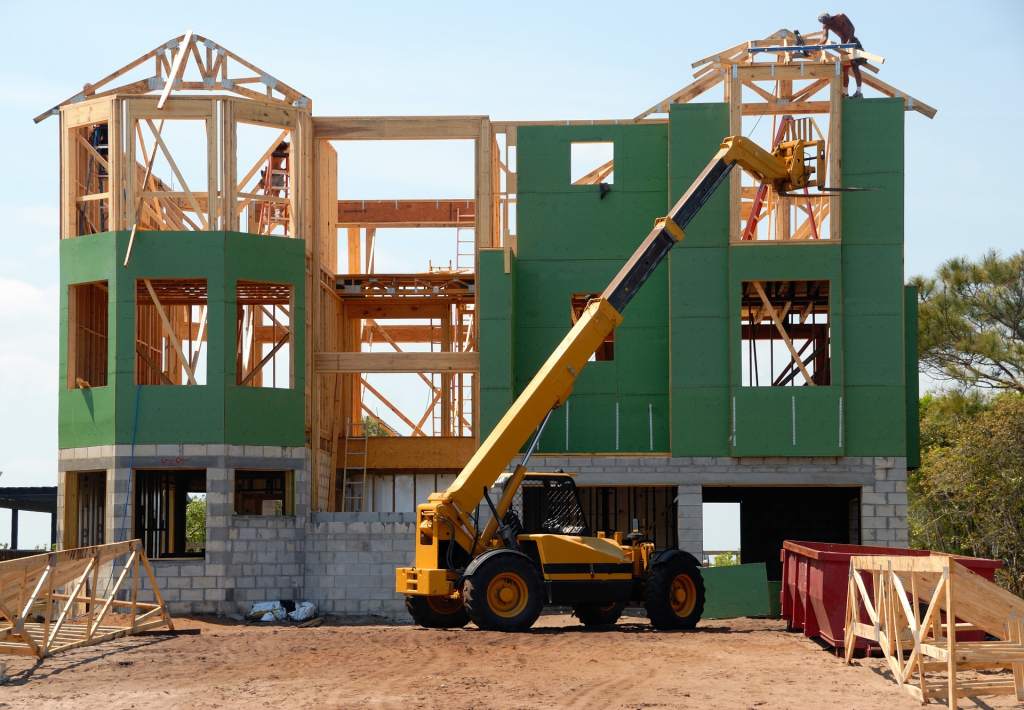 Share this!
Share this!Spring is work programme definition season at AER! On the occasion of the Spring Plenary meetings in Arad, members of the three thematic Committees will decide what they would like to do together and how they will leverage regional initiatives via the network. The below elements will help you make the most of this opportunity.
Rule nº1: everything is possible
The main idea is the following: if you want to carry out something within the network, just do it! Any idea is welcome!
The actions members can implement via the committees are diverse: project development, organisation of a workshop, seminar, international conference, study visit, brokerage event, breakfast briefing, webinar, collection of good practices, elaboration of a political report based on the experience of regions etc.
To have it included in the work programme, members should:
- Share their idea in the relevant Committee plenary meeting. This will be done in workshop style (see below). Members should explain what they would like to do and how they would like to implement their action.
- Explain how other regions will benefit: visibility? contacts? new collaborations? benefits for other regional stakeholders…
- Explicit what support they would need from other regions: speakers? Ideas? Partners for a project? Contacts to a specific stakeholder? Support for an advocacy action? Advice…
- Agree with other members on upcoming steps and be specific!
Rule nº2: everything is possible
The topics addressed in the three AER Committees are the following topics:
- Economy and regional development
- Social policy and public health
- Culture, education and youth
Because these topics are rather broad, many policy areas can be addressed within the different Committees. The topics which have been addressed recently give an idea of what is possible but shouldn’t be considered as a limit. As long as an action fits with the AER values, is in line with the AER priorities and has support from other regions, it can be included in the Committees work programmes.
Committee 1 works on issues covering innovation, economic development and SMEs, Cohesion Policy, transport and mobility, renewable energies and rural development. For the past year, there has been a strong focus on supporting the collaboration of regional innovation stakeholders. Members in partiular discussed the implications of the rise of artificial intelligence, on regional policy making. Long term investments and green investments are also high on the Committee 1 agenda as illustrated by the collaboration with the R20.
Committee 2 is supporting members in implementing e-Health services and exploring the potential of integrated care. It aims at building leadership on change management and innovation in the public sector. Active ageing is a major topic, especially for cooperation at EU level. Inclusion is also a key topics. Committee 2 members have started to collaborate with Committee 3 on the topic on youth mental health, exploring the possibilities for project development and sharing good practice.
Committee 3 focuses on culture, education and youth policies. The Committee has been particularly active in the fight against school drop-out. This resulted in the implementation of an ERASMUS+ interregional project to share good practices and improve regional policies for youth inclusion and empowerment and the publication of a handbook with good practices. Committee 3 furthermore shared regional good practices in the field of culture for inclusion and cultural heritage.
How this will be done
As with the London Spring Plenaries, Participants will be seated around round tables, where each table will work around one topic (or set of related topics). They will share their own ideas & develop jointly actions on the different topics the Committees are working on.
The 3 plenary meetings will be held separately and consecutively so that members are able to participate in all meetings, allowing for synergies & cooperation between Committees.
Members of the AER Youth Regional Network, the Summer Academy and the Eurodyssey programmes are invited to join the process as well so that they can provide ideas on how their work could integrate and feed the work of the committees.
At the end of the session the different actions will be brought together on a flip-chart and organised according to the 3 main categories:
- Advocacy/ Lobbying
- Projects
- Good practice exchange
This document will then be adopted as the Committee’s action plan.
How to prepare?
In order to get involved AER members can
- identify the needs they have in their region which could be addressed via the AER network
- liaise with their colleagues from other regional departments to identify needs
- define an activity they would like to carry out in the Committees
- think about how other members could contribute and benefit from this activity
- Join the AER Committees online community in order to already share and test ideas with other members
- think how they can support other members who have suggested joint actions
What is a Committee?
The AER Committees are the backbone of the network’s activity. They are the place where knowledge and experience exchange happen and where new collaborations are shaped. To this end Committee members meet at least twice a year on the occasion of their Spring and Autumn plenaries. Workshops are organised along with the statutory meetings in order to dig deeper in specific topics and identify areas for policy innovation. Through experience sharing, including both good and bad practices, AER members engage in mutual learning. Whenever a need arises for focused cooperation on a topic, specific projects are set-up, to ensure the experience exchange will be sustainable and co-funded.
